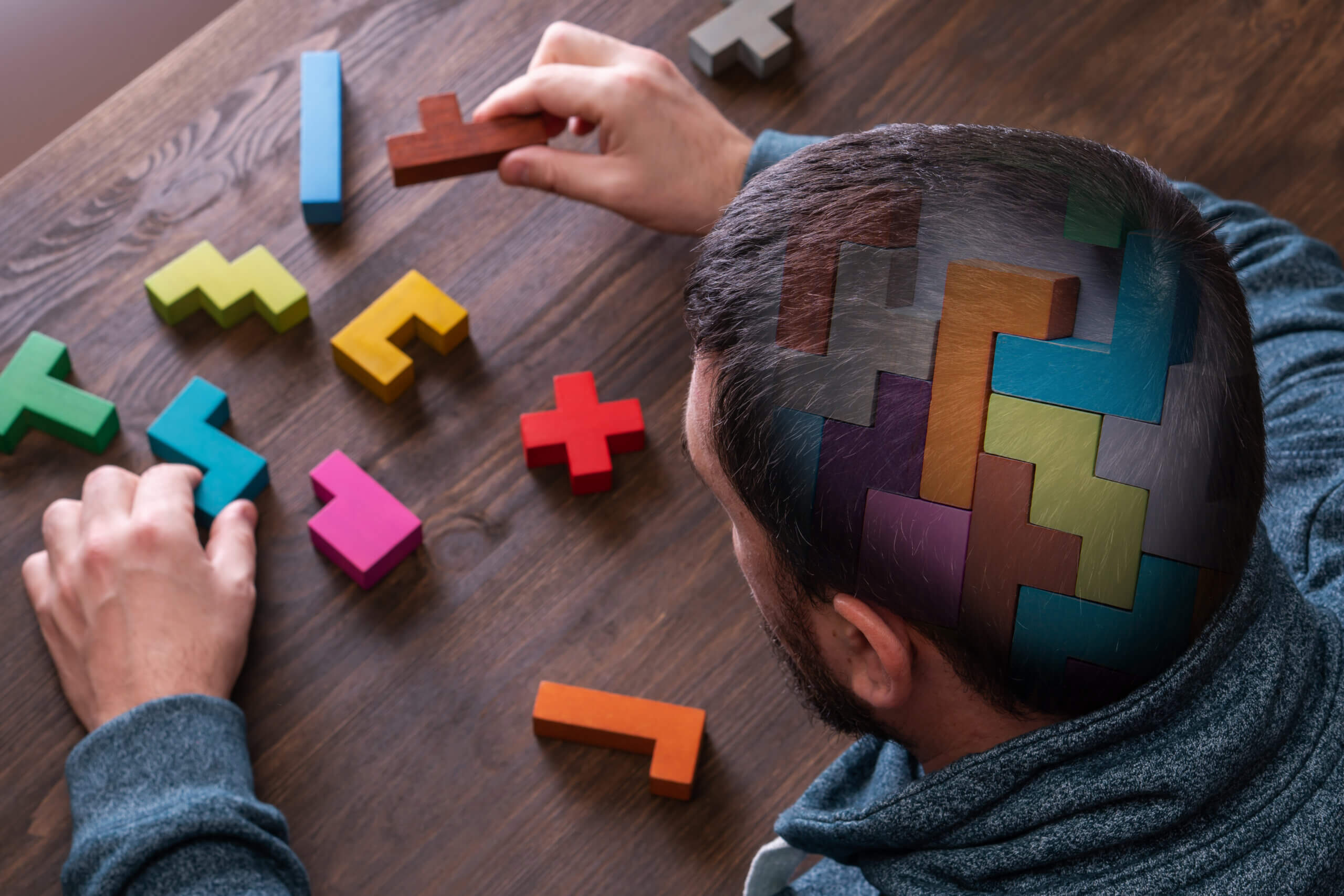Do you believe your decisions are always based on logic and rationality? Think again. In a recent mini-class, Dr Daniel du Plooy (ACAP Senior Lecturer, Psychological Sciences) explored how our decision-making processes are heavily influenced by our underlying beliefs, many of which operate on a subconscious level. These beliefs can give rise to biases that subtly shape our choices without us even realising it¹. In this article, we will explore six fundamental beliefs and the biases associated with each, shedding light on how they impact our decision-making. By understanding these biases, we can become more aware of our own thinking patterns and make more informed choices.
Belief 1: My Experience Is a Reasonable Reference
If you believe that your experience is a reasonable frame of reference, you might be impacted by the following biases:
- Spotlight Effect: Overestimating how much others observe and notice us.
- Illusion of Transparency: Overestimating how obvious our thoughts and emotions are to others.
- Illusory Transparency of Intention: Assuming others can discern our intentions better than they actually can.
- False Consensus Effect: Overestimating the extent to which our opinions, beliefs, values, and behaviours are common among others.
- Social Projection: Assuming that others share our attitudes, values, and beliefs.
Belief 2: I Make Correct Assessments of the World
If you believe that you always make correct assessments of the world, you might be impacted by the following biases:
- Bias Blind Spot: Seeing ourselves as less biased than others and underestimating the impact of biases on our own judgment.
- Hostile Media Bias: Perceiving the media or news as biased against our own beliefs.
Belief 3: I Am Good
If you believe that you are good, you might be impacted by the following biases:
- Better-Than-Average Effect: Overestimating our abilities or qualities in comparison to others.
- Self-Serving Bias: Taking credit for our successes but blaming external factors for our failures.
Belief 4: My Group Is a Reasonable Reference
If you believe that your group is a reasonable frame of reference, you might be impacted by the following biases:
- Ethnocentric Bias: Overemphasizing our group’s perspective and viewing our culture as superior while stereotyping other cultures.
- In-Group Projection: Seeing our own group as more normative than others, leading to a belief in our group’s superiority.
Belief 5: My Group Members Are Good
If you believe that your group members are good, you might be impacted by these biases:
- Partisan Bias: Favouring our own group over others.
- Ultimate Attribution Error: Attributing negative behaviours to the personality of a member of another group and extending it to all members of that group.
- Linguistic Intergroup Bias: Using more positive and general words to describe our own group, while using more negative and specific words to describe members of other groups.
- Intergroup Sensitivity Effect: Reacting more negatively to criticism from members outside our group than from those within our group.
Belief 6: People’s Attributes (Not Context) Shape Outcomes
If you believe that people’s attributes (not the context) shape the outcome, you might be impacted by these biases:
- Fundamental Attribution Error: Attributing people’s behaviours to their personality rather than considering situational or external circumstances.
- Outcome Bias: Judging the quality of a decision based on its outcome rather than evaluating the decision-making process itself.
Techniques to Overcome Biases
To mitigate biases and enhance decision-making, it is crucial to employ effective strategies such as:
- Seeking Diverse Perspectives: Actively seeking out different viewpoints and considering alternative ideas.
- Engaging in Critical Thinking: Analysing information objectively, questioning assumptions, and evaluating evidence.
- Practicing Empathy: Putting ourselves in others’ shoes to better understand their perspectives and experiences.
Our beliefs shape the lens through which we perceive the world and make decisions. However, they can also lead to biases that skew our judgment. By recognizing these biases associated with fundamental beliefs, we can take steps to mitigate their impact on our decision-making.
If you enjoyed this content, click video below to watch Dr Daniel du Plooy’s psychology mini-class Decoding Decision Making: A Psychological Exploration of Choice and Influence.

¹Oeberst, A., & Imhoff, R. (2023). Toward Parsimony in Bias Research: A Proposed Common Framework of Belief-Consistent Information Processing for a Set of Biases. Perspectives on Psychological Science, 0(0). Read more
